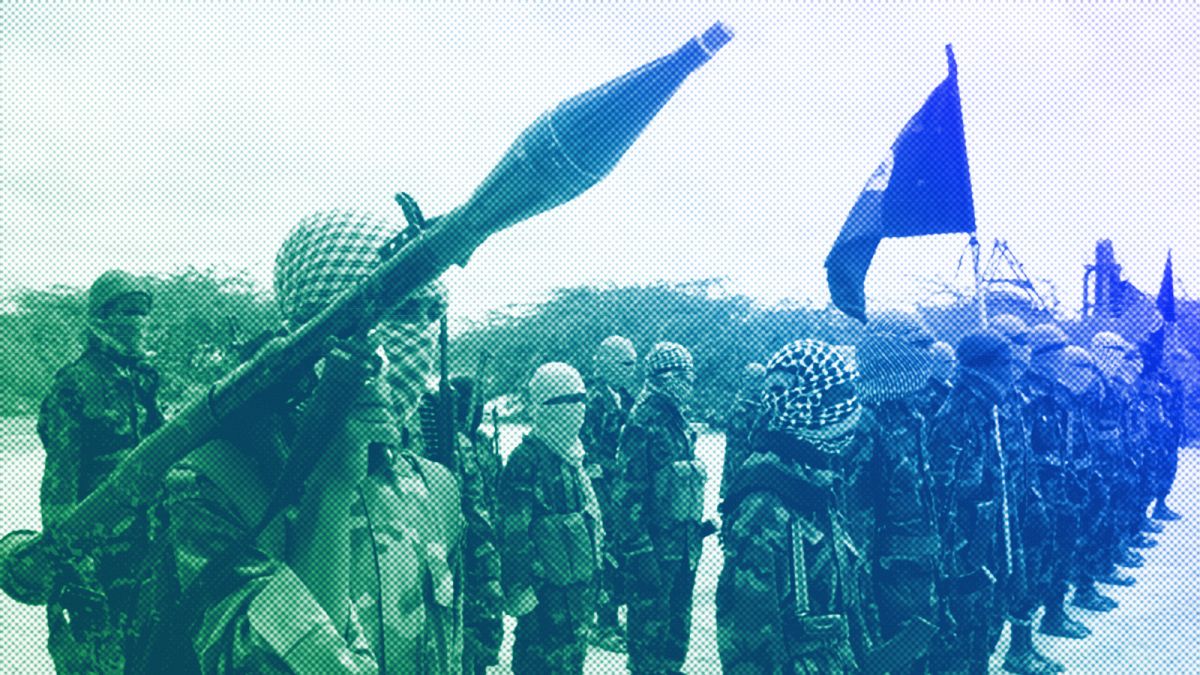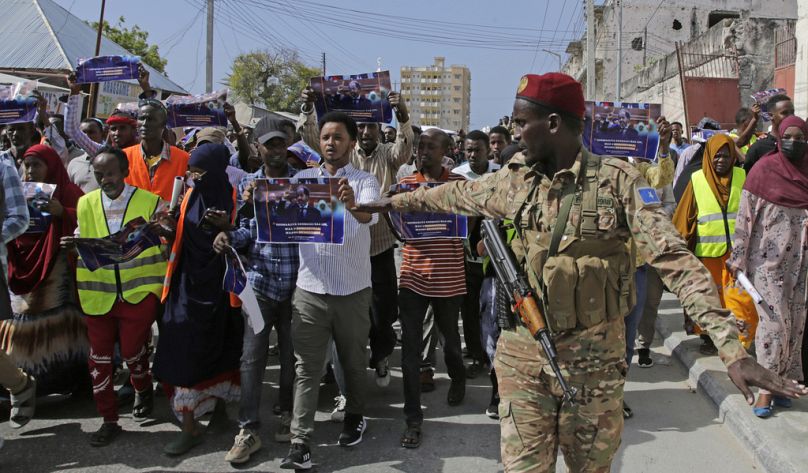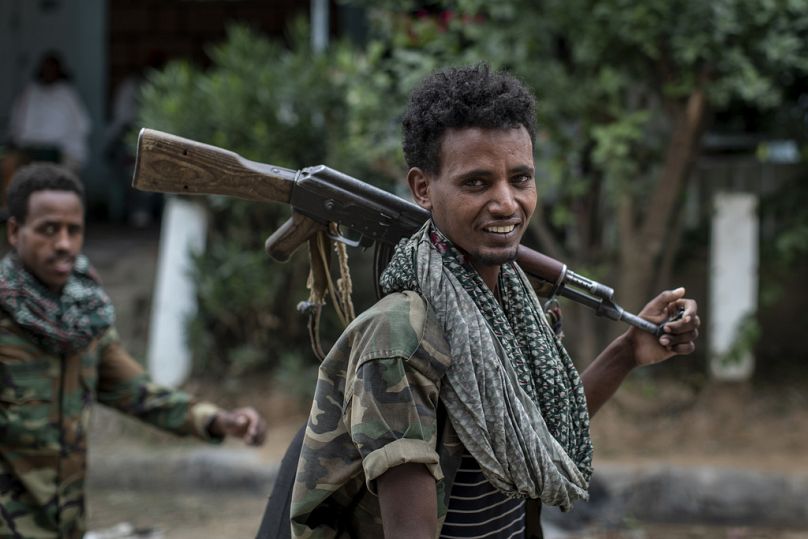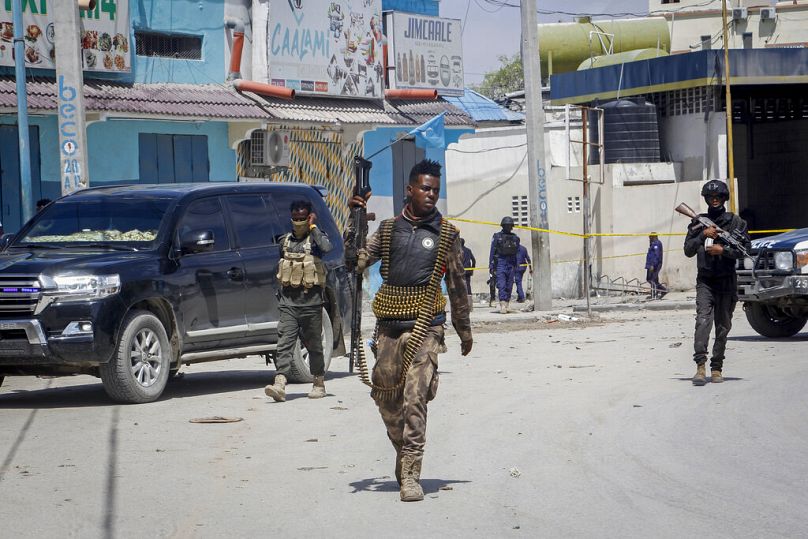A breakout of a war between Ethiopia and Somalia would carry catastrophic consequences not just for the region, but for Africa as a whole, Mohamed El-Bendary writes.
As the world welcomes the arrival of a new year and eyes are focused on the war in Gaza, tension continues to escalate in the Horn of Africa — a region of immense political instability.
This comes following Somalia’s cancellation on 6 January of a pact which Ethiopia signed five days earlier with Somalia’s breakaway territory of Somaliland.
The agreement would grant landlocked Ethiopia access to the Somaliland port in the Gulf of Aden to establish a marine force base that aims at strengthening political, economic and security ties between them.
Somaliland, which seceded from Somalia in 1991, borders the Red Sea — a security hotspot and a strategic maritime corridor not just for African and Arab Gulf states, but also for world powers such as the United States, China, and Russia.
The port agreement will grant Addis Ababa access to Red Sea shipping lanes through the Bab al-Mandeb Strait between Djibouti (in the Horn of Africa) and Yemen (in the Middle East), and which connects the Red Sea and the Gulf of Aden.
The controversial deal has received condemnation from other Red Sea neighbours, including Egypt and Eritrea, which fear a possible naval access to the Red Sea which Ethiopia lost the right to use following Eritrea’s secession in 1993.
Little attention paid to one of the world's most volatile regions
Ethiopia has instead been utilising the port in neighbouring Djibouti for channelling the vast majority of its imports and exports in return for generous financial returns.
There is also fear that the agreement could mount tension among Egypt, Sudan, and Ethiopia over the construction of the Grand Ethiopian Renaissance Dam on the Blue Nile.
Regrettably, the West’s perception of Horn of Africa countries is weak with little attention currently paid to the rising concern among Africans that the port agreement could enflame conflict in one of the world’s most volatile regions.
With a population of close to 120 million, Ethiopia is the biggest landlocked country globally and is viewed as an African giant after Nigeria.
Somaliland, on the other hand, is far smaller in population and size and, hence, it can’t counter the giant next door which has been indulged in acts of retaliations and retributions.
Somaliland is not recognised by the United Nations or the African Union as an independent state, and this has hindered its economic and political development.
Yet, one must admit that the de facto independent Republic of Somaliland has achieved some progress in those areas than several recognised states in west and central Africa.
It is viewed today as one of the continent’s most democratic countries, with Kenya, Denmark, the UK, and the EU having offices or some form of presence in its capital Hargeisa.
Colonialism and autocracy at the root of conflict
Access to the Red Sea is viewed as an existential issue by many Ethiopians, with Addis Ababa promising to recognise Somaliland as an independent country in the near future.
Most Somalis still, however, consider Somaliland as part of their territory, and hence tension is likely to increase.
And with the African Union planning to withdraw its peacekeeping force from a politically bankrupt Somalia by the end of 2024, we are likely to witness an increase in attacks by al-Shabaab — a non-state militant group which controls half of Somalia’s territory — against Ethiopia.
Yet, the Somaliland-Ethiopian port agreement can also be viewed as an endeavour by the Ethiopian government to divert the world focus from its economic difficulties and internal conflicts, particularly in the aftermath of the 2020-2022 Tigray War — which has left hundreds of thousands of people killed and displaced — and the eruption of a new war with the Amhara and Oromia militias.
The Tigray War has left Ethiopia on the brink of a humanitarian disaster and further underlined its need for a port.
The port agreement has indeed uncovered the labyrinth of interests and political realities across the beleaguered Horn of Africa — in a region in which decades of colonialism, along with the autocratic rule implemented thereafter, have deeply planted schisms, rivalries and territorial disputes.
Rising fear of conflict to engulf the entire continent
The rupture in Ethiopian-Somali ties could have grave consequences for the region and the Red Sea countries as a whole.
The ongoing US-British attacks on the Iran-backed Houthi militants in Yemen — which is located along the Gulf of Aden at the intersection of the Red Sea and Arabian Sea — could also threaten shipping operations through the Bab al-Mandeb Strait.
Guarding the strategic strait poses a major challenge to today’s Arab Gulf states, with Saudi Arabia and Emirates fearing attacks on shipping lanes in it and the Red Sea.
The Gulf states have always viewed the Horn of Africa region as a strategic borderline, with claims made that the United Arab Emirates — which has diligently been increasing its economic clout in the region — played a role in striking the port agreement.
There is also rising fear of conflict extending to endanger ships passing from Egypt’s Suez Canal which connects the Mediterranean Sea to the Indian Ocean via the Red Sea.
The political and economic grievances of the Horn of Africa region are so great that they can’t solve them alone.
A breakout of a war between Ethiopia and Somalia would carry catastrophic consequences not just for the region, but for Africa as a whole.
It is incumbent upon the UN and the African Union to push for calm and play a more active role in settling the dispute.
Mohamed El-Bendary is an independent researcher based in Egypt and a former journalism lecturer in the US and New Zealand. He is the author of "The 'Ugly American' in the Arab Mind: Why Do Arabs Resent America?".
At Euronews, we believe all views matter. Contact us at view@euronews.com to send pitches or submissions and be part of the conversation.



